QUALITY BACKGROUND RESEARCH IS VITAL!
Not only are there marks in Criterion D for your background research, if you have done more background research, you are more likely you are to understand your experiment which makes it way easier to write up your EE. I found it pretty easy to write up because of the large amount of background research I had done.
” The internet should never be the sole source of information.” – IB Chemistry EE Guide
WHERE TO FIND GOOD RESEARCH
A DECENT LIBRARY

Libraries have the best information, and having a wide range of sources in your EE will get you extra marks in criterion D. It’s definitely worthwhile taking a trip to a public library and looking at their stuff. When I went to the library for my EE, I installed an app called CamScanner and took photo scans of the relevant pages of books I looked at so I could quote and refer back to them without borrowing anything or having to make several trips.
SCIENCE DATABASES AND RESEARCH PAPERS

There are quite a few good science databases out there with lots of research papers on lots of different experiments and subject areas. These could really help shape your experimental method.
MAGAZINES AND JOURNALS
For some experiments there’s a chance that there could be some good articles on your experimental method or reaction in a science magazine. This is usually the case for redox and organic experiments.
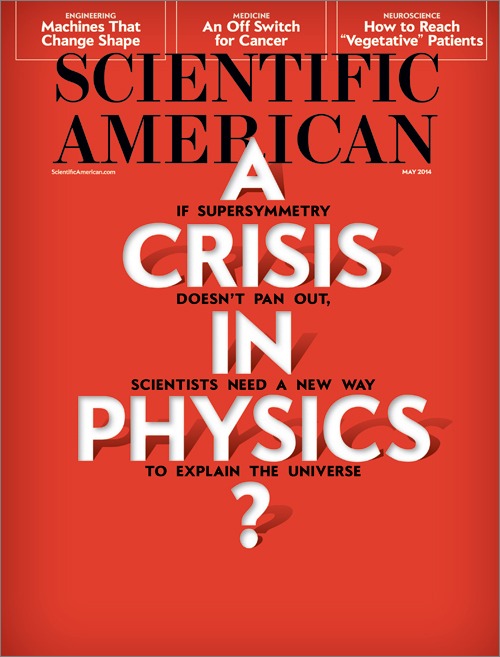
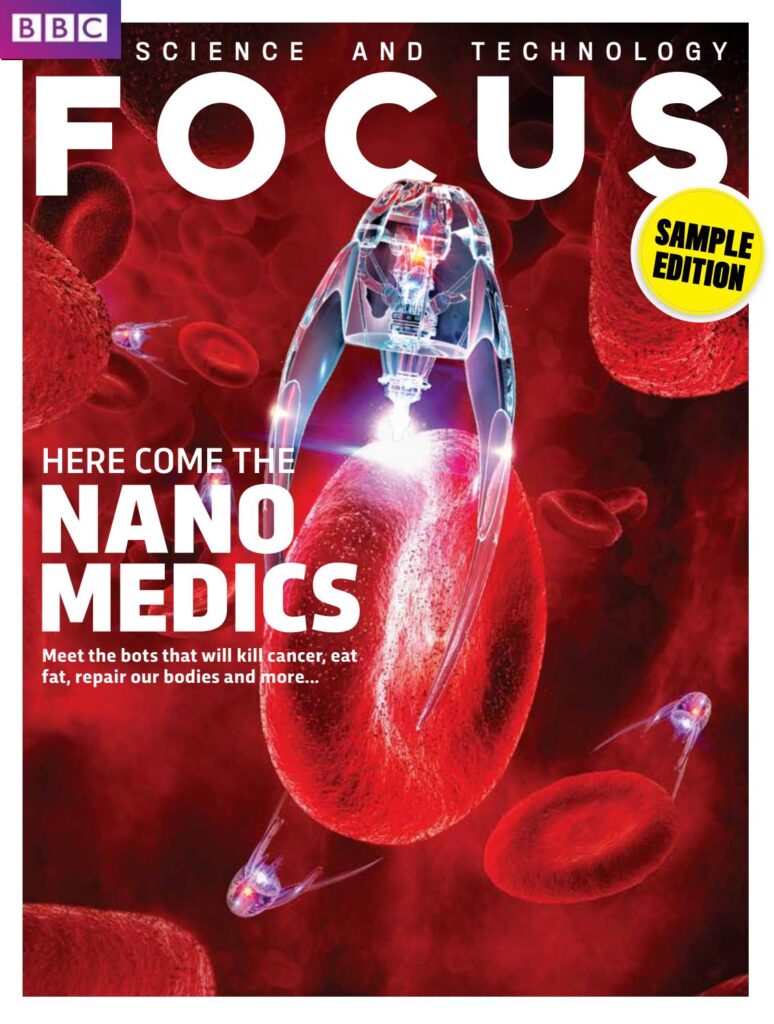
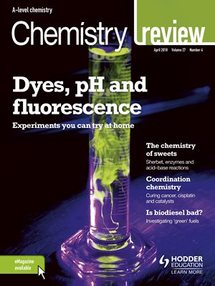
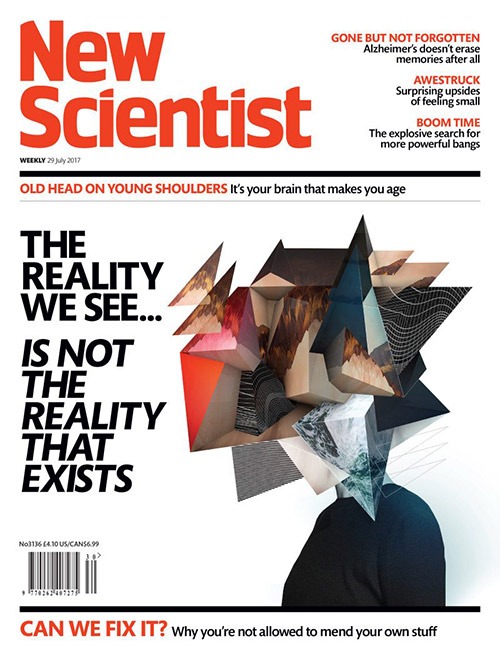
FORUMS (DEPENDS ON TOPIC)
If your experiment contains a method or theory that is used in industry, there might be some websites on the topic that have forums for discussion. Many of the people who post on forums have a wealth of experience in the field, and their advice could really help solve any issues you may have in your experimental method.
THE BACKGROUND RESEARCH SECTION IN THE WRITTEN REPORT
The background research into your topic should fill about 1,000 words (25%) of your EE writing.
WHAT TO INCLUDE IN THIS SECTION
Background research doesn’t necessarily need to all come from the chemical theory behind the experiment. It can also come from experimental methods that you have used in the experiment that require some explanation. For example, I spent about 400 words explaining the use of colorimetry and the Beer-Lambert Law in my experimental method.
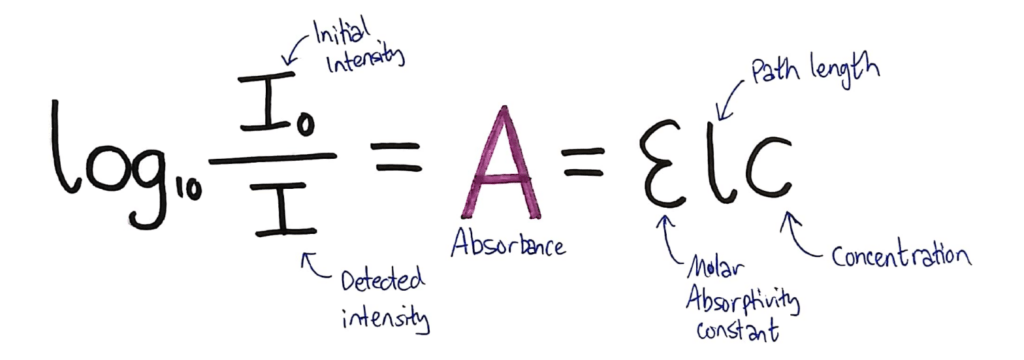
TOP TIPS 👍👍👍
- The more background reading you do, the easier the EE process is.
- Any background research that you include in your written report must be relevant and easily understandable.